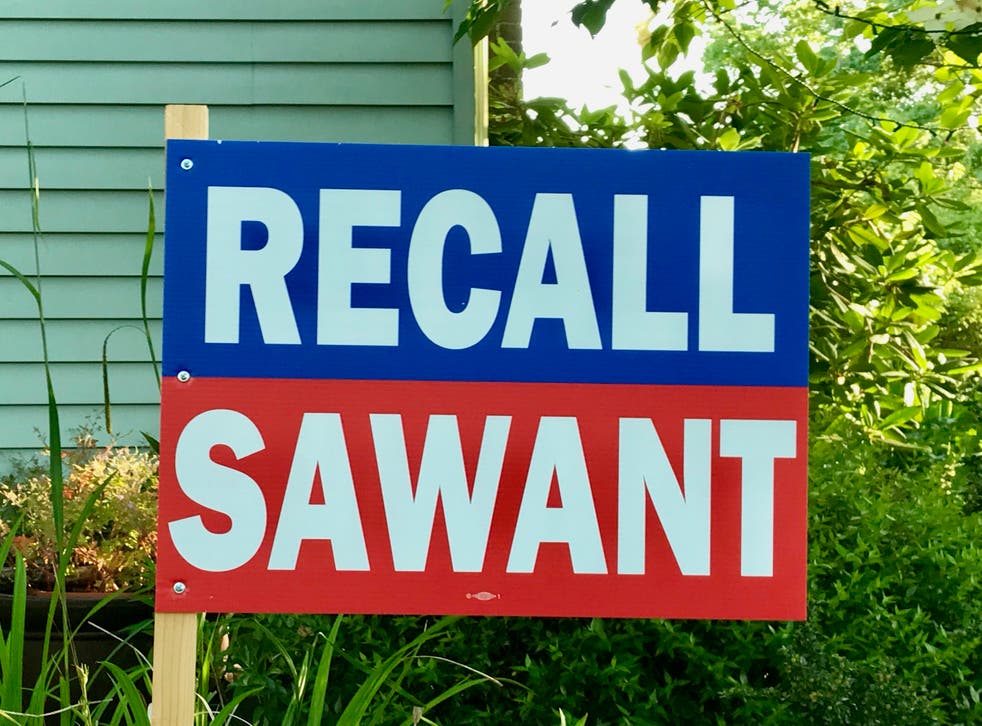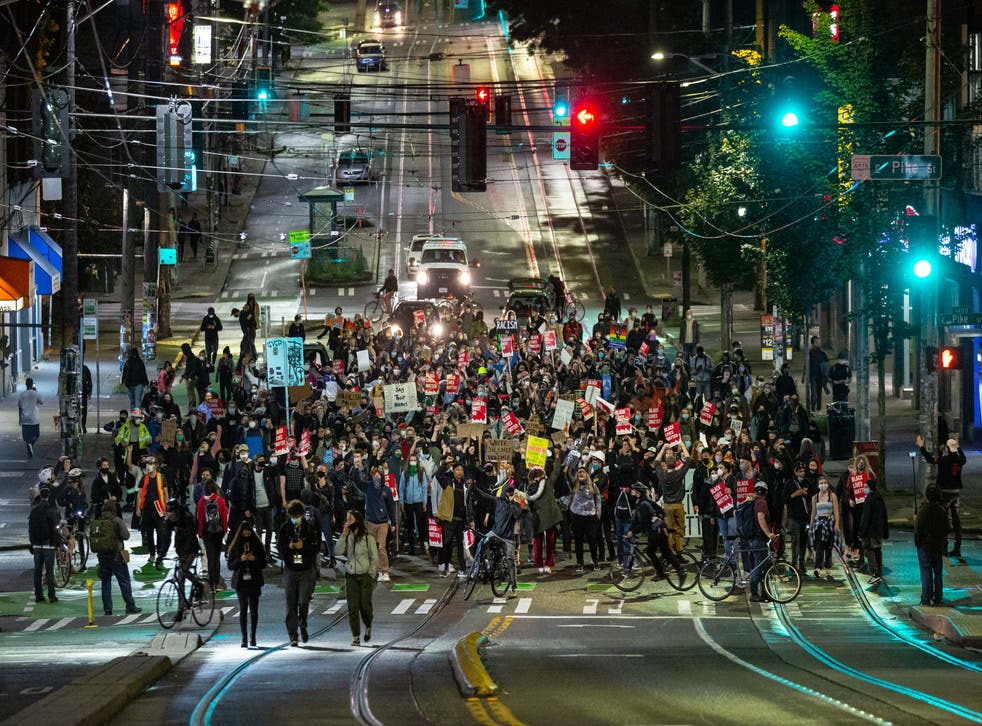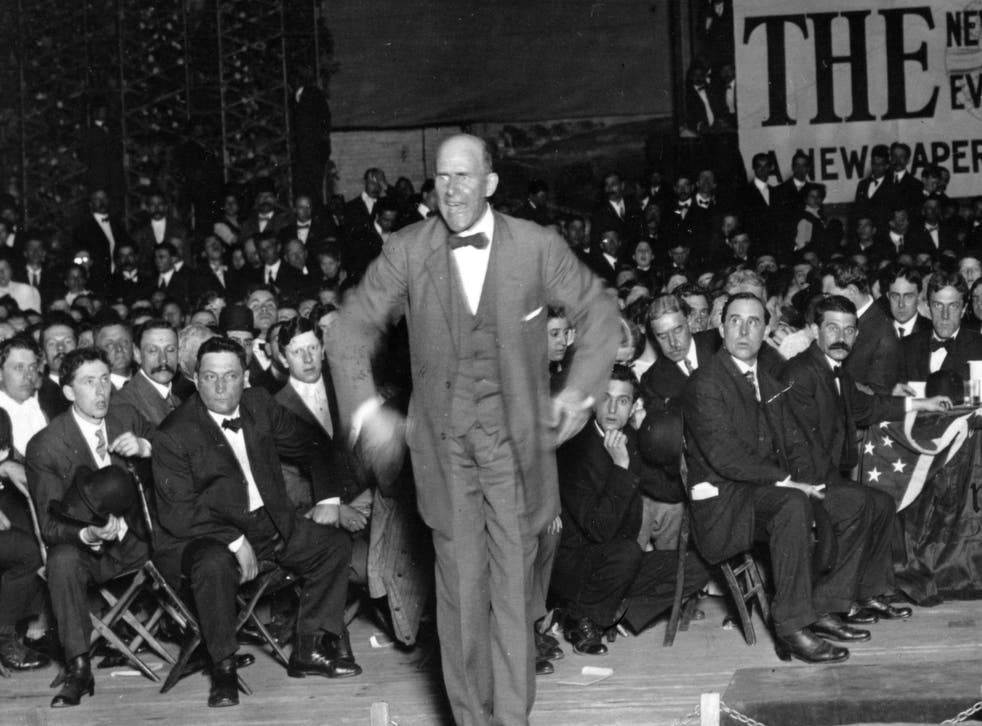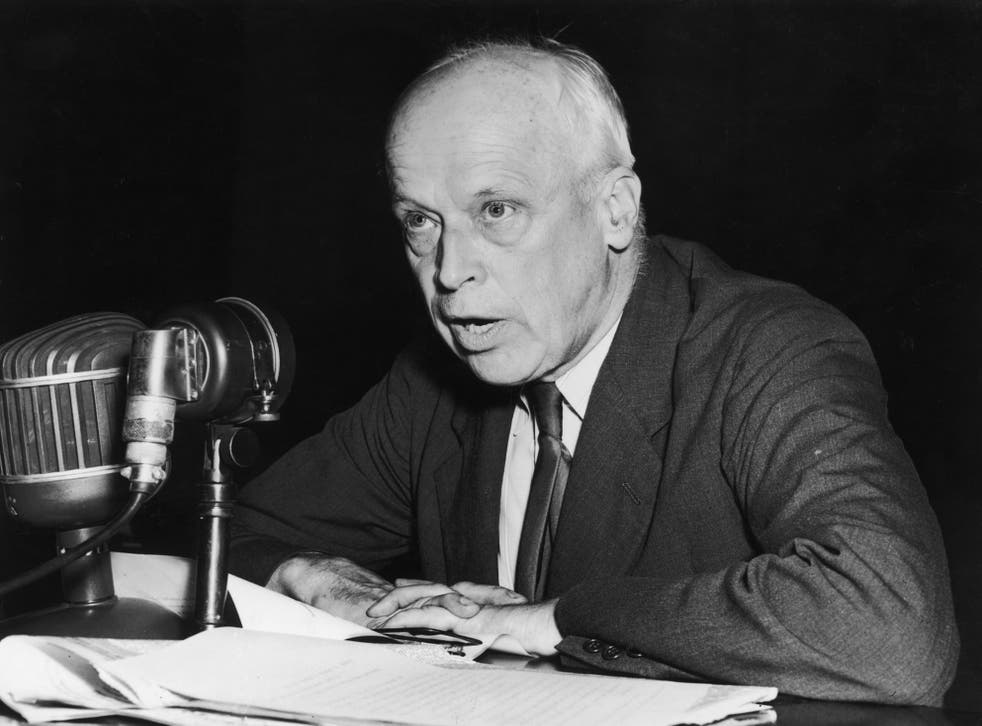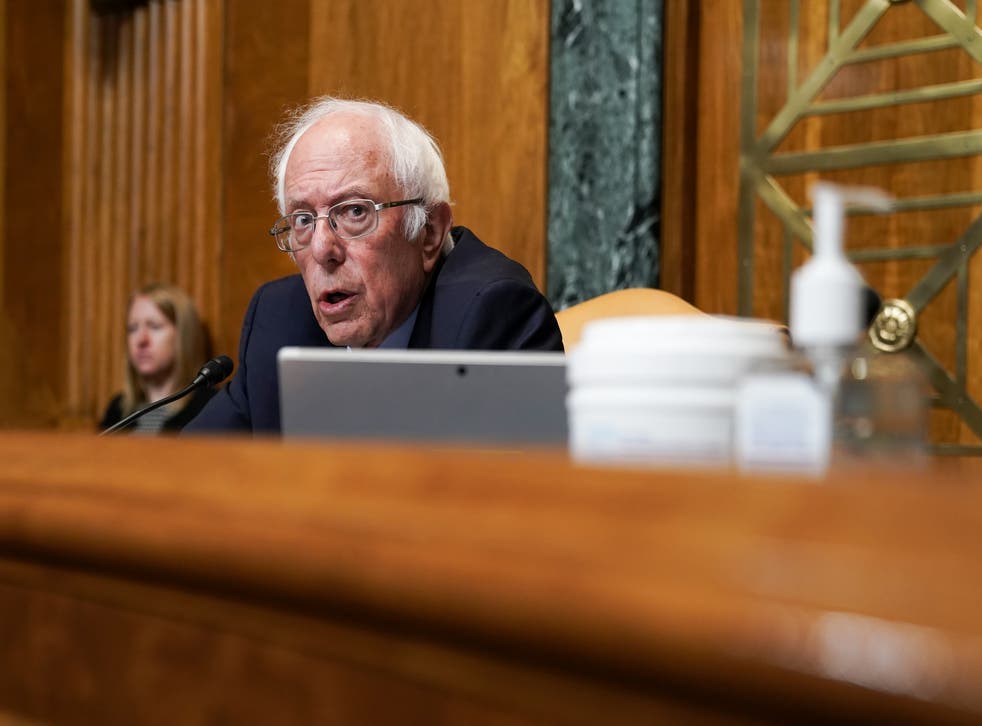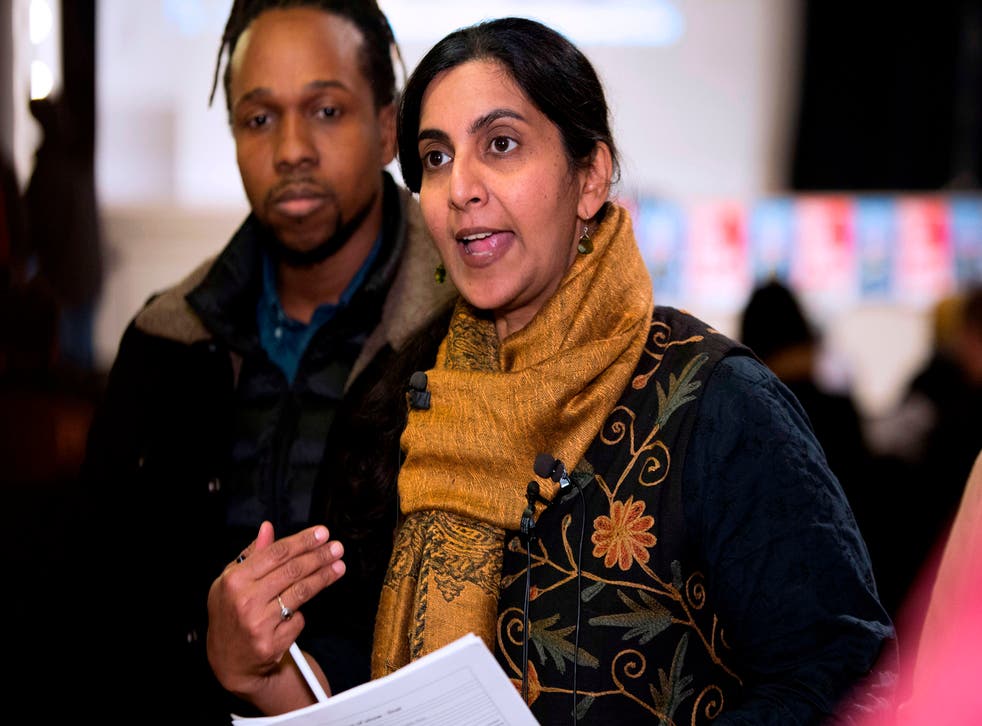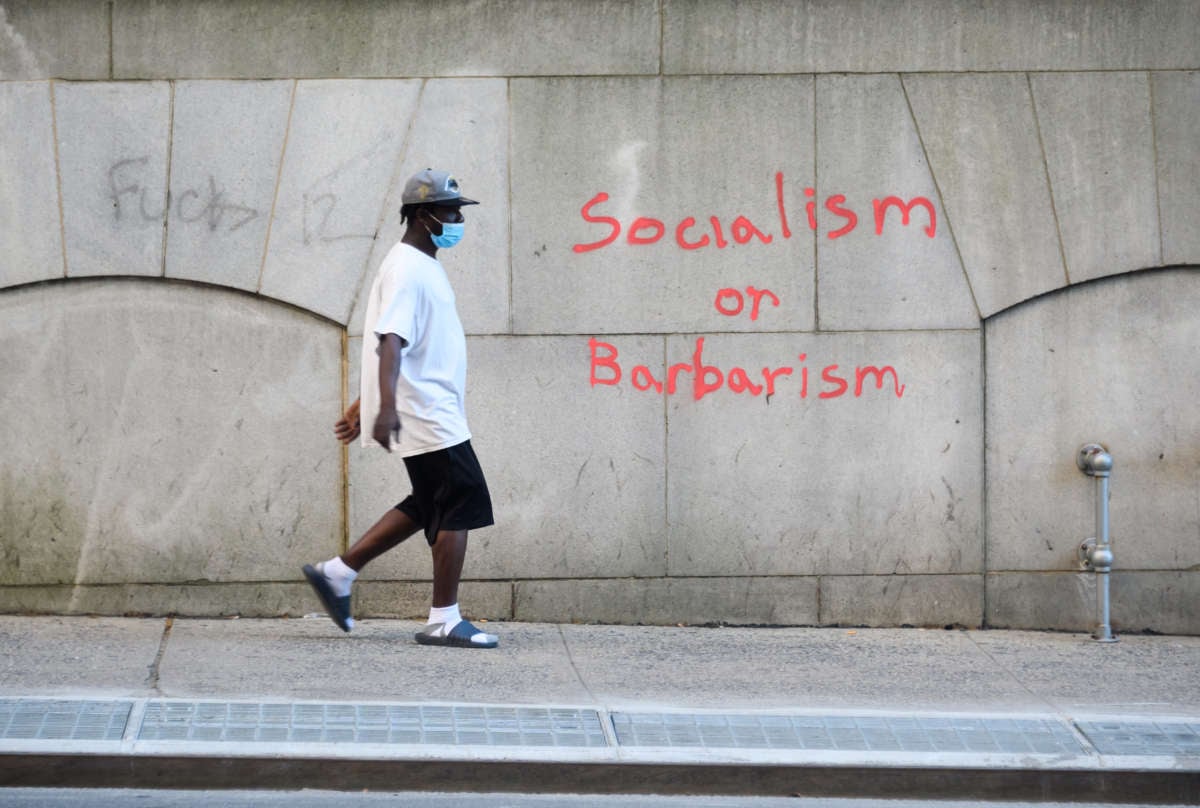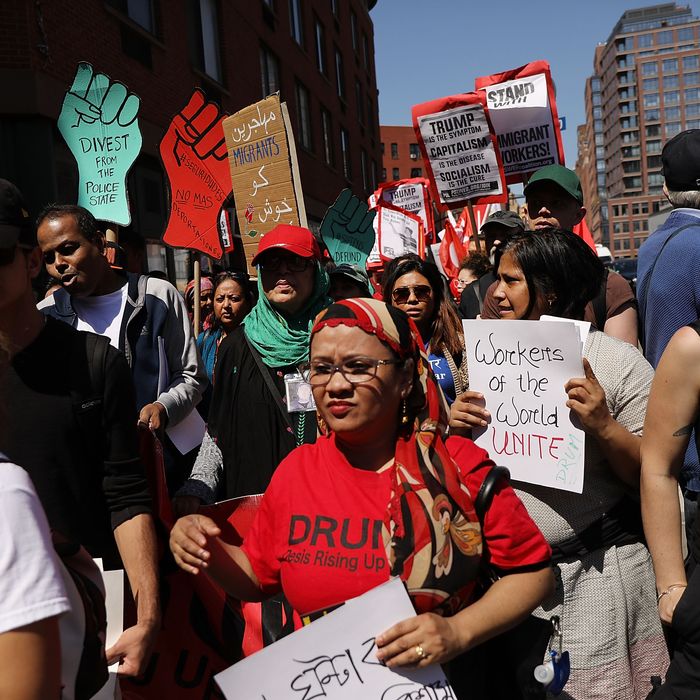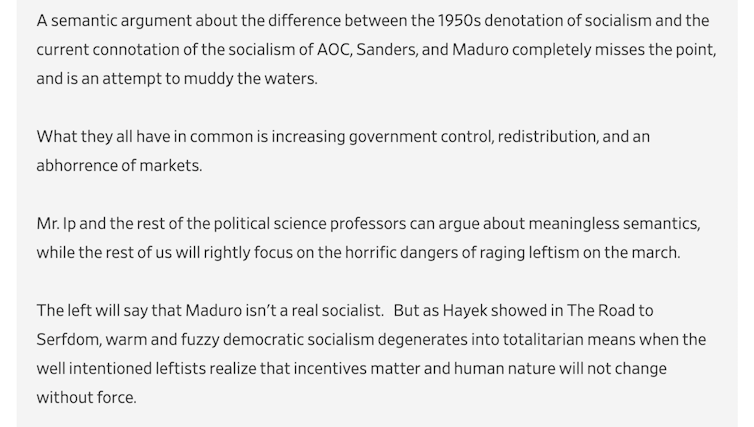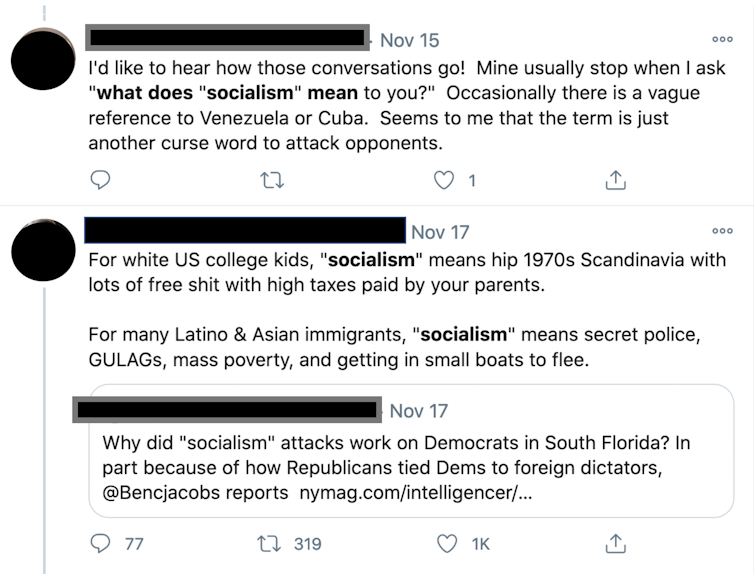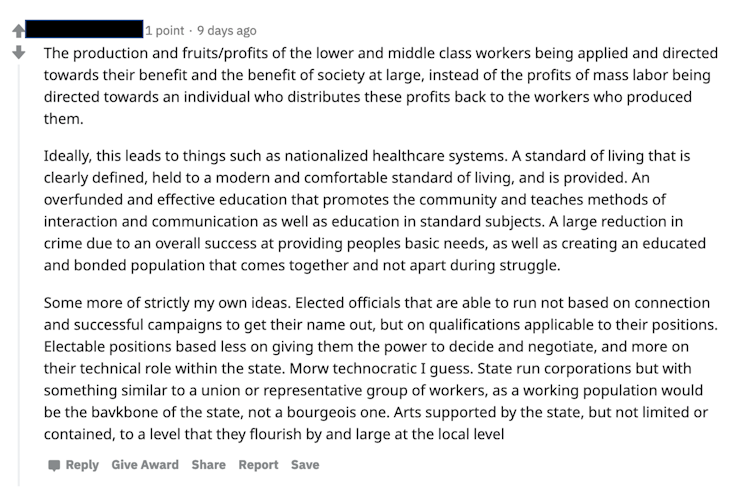FLORIDA
By RICHARD TRIBOU
ORLANDO SENTINEL
JUN 22, 2021
Florida Gov. Ron DeSantis signed three education bills championed by the Republican Legislature and governor that they say aim to increase civics understanding among Florida students.
Appearing at a press conference at a Fort Myers middle school on Tuesday, he signed House Bill 5 that directs the state Department of Education to come up with a curriculum that educates students on the evils of communism and totalitarian regimes like Venezuela and Nicaragua.
DeSantis decried how some educators will praise people like Mao Zedong, who helped create communist China and Cuban revolutionary Che Guevara.
“This guy was a total communist thug,” DeSantis said. “We’re going to be pushing back on a lot of the whitewashing that’s been done.”
Also signed were Senate Bill 1108 that aims bridge civics education between high school and secondary schools, and House Bill 233, which aims to require colleges and universities to conduct annual assessments on intellectual freedom.
DeSantis complained current higher education institutions in the United States have become repressive environments in which “other viewpoints are shunned or even suppressed.”
DeSantis also pointed out how he had led a movement recently by the State Board of Education to ban the teaching of critical race theory, which DeSantis has said is too critical of American history because of the ways it address racism. Among things banned by the board would be using The New York Times’ 1619 Project, which puts slavery at the center of the story of how the country was founded. The project faced fierce criticism from former President Donald Trump and some historians.
“We do not want false history like you see in the 1619 project,” DeSantis said.
Alex Johnson
25 June 2021
Florida Governor Ron DeSantis signed into law this week several reactionary education bills aimed at vilifying socialism within schools. The legislation targets civics education courses in K-12 schools and penalizes state universities that do not bolster right-wing conversative ideology on campuses.
At a signing event for the three bills, held at a middle school in Fort Myers, the governor invoked fascistic and anti-communist rhetoric. He amalgamated communist and left-wing movements with “totalitarian governments” while smearing them as “evil” ideologies.
DeSantis’ denounced governments in countries such as Cuba and Nicaragua. “Why would somebody flee across shark infested waters, say leaving from Cuba, to come to southern Florida?” DeSantis asked. “Why would somebody leave a place like Vietnam...and risk their life to be able to come here?”
DeSantis complained of some educators praising figures such as the Chinese Stalinist Mao Zedong and Che Guevara. He denounced Guevara as a “total communist thug” before proclaiming that he was going to push back against the “whitewashing that’s been done.”
Two of the bills are directed towards restructuring “civics education” in K-12 curriculums with the purpose of promulgating nationalism and militarism. The laws will require schools to develop “portraits in patriotism” within civic courses, which are meant to tell stories and “first-person accounts” of victims of ostensibly communist governments which are then compared with the more supposedly democratic US.
The laws will mandate that state universities teach similar chauvinistic and anti-communist courses, with college students now required to pass a “civic literacy” assessment exam and take a course on civic literacy to graduate. High school students will also have to take a new civic literacy assessment exam. If high school students pass that exam, the university civics requirements will be waived.
The final bill is fraudulently presented as a measure to protect “free speech” rights at state universities. In justifying this bill, DeSantis declared that schools will not be able to prevent students from encountering political and ideological views they find “uncomfortable, unwelcome, disagreeable, or offensive.” He claimed that right-wing ideas are being “shunned” and “suppressed” on campuses that have turned into “intellectually repressive environments.”
Hidden in this bill is a requirement that college students and professors register political views with the state, an unprecedented and provocative encroachment on political expression.
Public universities will be required to survey both faculty and students on their political beliefs, and they will risk losing their funding if the responses do not satisfy the fascistic orientation of the state’s Republican-dominated legislature.
An article in Salon notes, “Based on the bill's language, survey responses will not necessarily be anonymous — sparking worries among many professors and other university staff that they may be targeted, held back in their careers or even fired for their beliefs.”
At a meeting of the state university system’s Board of Governors Tuesday, Florida Senate President Wilton Simpson called the public universities “socialism factories.” Neither DeSantis, Simpson, or any of the other fascistic Republicans provided any evidence or details on what specifically about schools caused them to be disproportionately left-wing.
The Miami Herald released an interview it conducted with Barney Bishop, one of the top lobbyists pushing the bill in Florida’s legislature, pointing to the real motivations behind the raft of fascistic laws, saying that they are aimed less at promoting “intellectual diversity” and more about boosting conservative Christian orthodoxy and other right-wing ideology.
Bishop complained of students “being indoctrinated from an early age,” and that the education system unfairly leans “toward liberal ideology and also secularism,” which were “not the values our country was founded upon.”
The Republicans are likewise seeking to preempt any growth of opposition against the status quo, under conditions where the capitalist system is being massively discredited due the ruling-class’ murderous pandemic policies, which have led to more than 610,000 deaths in the US, and the growth of staggering levels of social inequality which have left many college students and younger workers impoverished.
The campaign to condemn and demonize socialist, communist, or otherwise left-wing perspectives is a massive anti-democratic assault on public education. The laws in Florida are part of a far broader move of the far-right nationwide that sees schools as a battleground for waging attacks against any ideology that may pose a political challenge to social inequality, political repression, and war.
These education laws have been passed following the efforts of several Republican-led states, including Florida, to implement legislation that bans the teaching of “divisive concepts” relating to race, sex and class in public schools. Florida was one of the first states in early June that banned the teaching of Critical Race Theory. In giving right-wing cover for this blatant act of censorship, DeSantis said the banning of CRT was necessary to prevent children from thinking that “the country is rotten and that our institutions are illegitimate.”
While the media and Democrats have focused on the Republicans’ attack on CRT, the bills are in fact a sweeping assault on democratic rights. Their aim is to ban any left-wing critique of capitalist society, under conditions of a growing political radicalization of workers and particularly young people.



